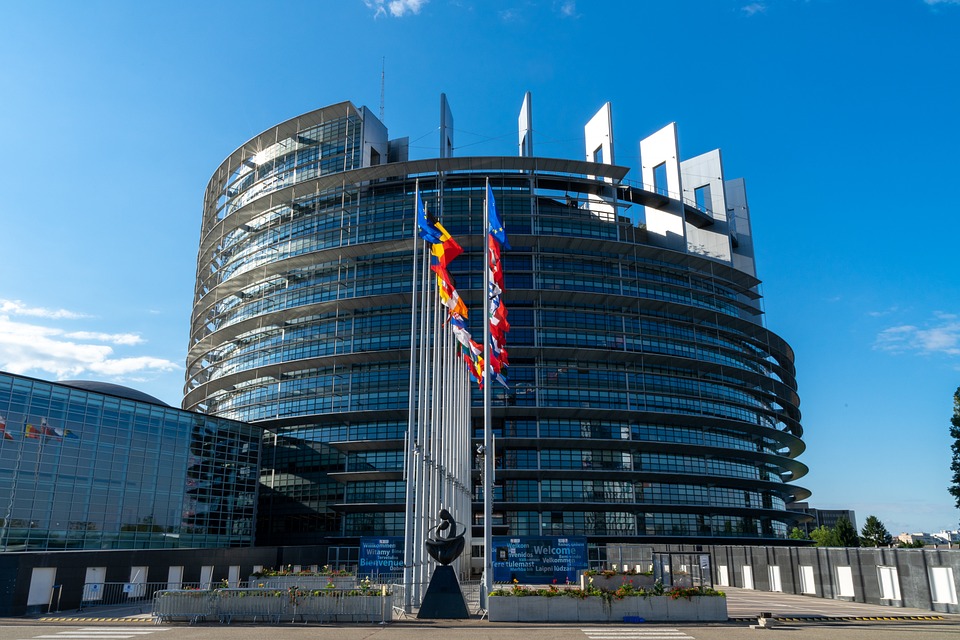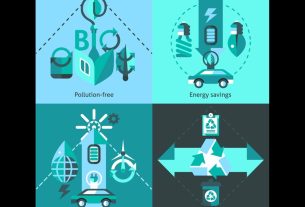In a decisive move to accelerate the decarbonization of air travel, the European Union has announced plans to subsidize up to 200 million litres of sustainable aviation fuel (SAF), as part of a broader strategy to meet its ambitious climate goals. The financial support aims to narrow the yawning price gap between SAF and conventional jet fuel, which currently sits at an estimated $1,000 per metric tonne.
The measure comes as the EU pushes to enforce its RefuelEU Aviation mandate, which requires that airlines operating within and out of Europe begin blending more sustainable fuels into their supply. Under the regulation, SAF must account for 6% of all aviation fuel consumed by 2030—a sharp increase from current adoption levels, which remain below 1% across much of the continent.
Closing the Cost Gap
Despite growing interest and strong regulatory tailwinds, the commercial rollout of SAF has been hampered by persistently high production costs and limited supply. SAF can reduce lifecycle greenhouse gas emissions by up to 80% compared to fossil-based jet fuel, but its price remains prohibitively high for many carriers struggling to manage operating expenses in a volatile market.
By offering direct financial subsidies, Brussels hopes to stimulate demand, incentivize production, and create economies of scale that will eventually bring SAF prices closer to parity with traditional aviation fuels.
“This is not only an environmental imperative—it is a market-building measure,” said an EU Commission spokesperson. “We must support the aviation industry through this transition if we want to meet our climate commitments without grounding Europe’s connectivity and economic competitiveness.”
Strategic Scope and Industry Response
While details of the subsidy mechanism are still being finalized, early indications suggest that the funding could be delivered through a combination of direct incentives to fuel producers, credit systems for airlines, and potential co-investment schemes with private partners.
The targeted volume—200 million litres—represents a substantial portion of Europe’s projected SAF needs over the next five years. Though modest in the context of the continent’s total jet fuel consumption, it is expected to catalyze further investments in SAF refining capacity, particularly from waste oils, agricultural residues, and emerging technologies like power-to-liquid fuels.
Major European airlines have welcomed the announcement. In a joint statement, several members of Airlines for Europe (A4E) called the subsidy plan “a crucial bridge” that will help carriers comply with EU mandates while limiting fare increases for consumers.
“Without support, the SAF cost premium would either erode margins or be passed onto passengers,” said a spokesperson for one major flag carrier. “This subsidy improves planning certainty and makes it viable to commit to long-term SAF offtake agreements.”
Market Impact and Future Outlook
The EU’s intervention could have ripple effects across global aviation. By stimulating SAF adoption in one of the world’s largest aviation markets, Europe may encourage other jurisdictions—such as the U.S., Canada, and Japan—to scale up their own subsidy frameworks and regulatory support for cleaner aviation fuels.
Analysts also note that the EU’s SAF subsidy aligns with broader initiatives under the European Green Deal and the Fit for 55 package, which seeks to reduce net greenhouse gas emissions by 55% by 2030 compared to 1990 levels.
However, experts caution that subsidy alone will not be enough. “We need parallel investment in feedstock innovation, infrastructure for SAF delivery, and standardized certification procedures to ensure that environmental claims are verifiable and sustainable,” said an analyst at the International Council on Clean Transportation (ICCT).
A Timely Boost for Green Aviation
As airlines face increasing scrutiny over their environmental footprints, sustainable aviation fuel remains one of the most promising—but also most challenging—tools in the decarbonization toolkit. The EU’s financial support marks a significant commitment to advancing this technology from niche to mainstream.
With just five years to go until the 6% mandate takes effect, the clock is ticking—and Brussels’ SAF subsidy may prove pivotal in determining whether European aviation meets its climate goals while staying aloft.


